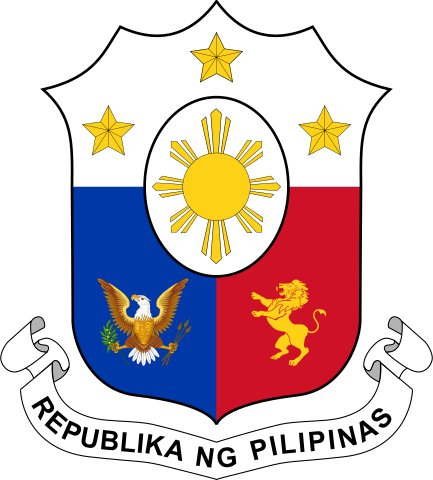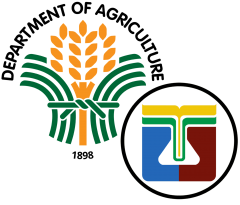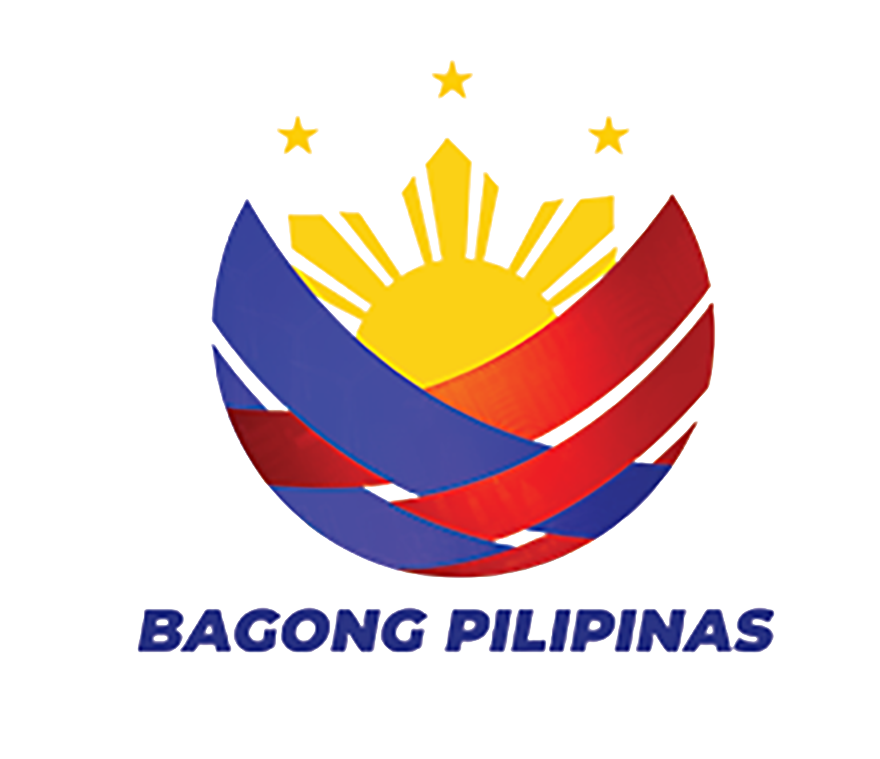Technical Evaluation on Land Use Matters
The BSWM provides technical support and services relative to application on land use reclassification (LUR) and other land use matters. Relevant interested parties, particularly landowners who propose to utilize their agricultural lands to non-agriculture use, shall comply with the requirements of existing laws and guidelines. The National Technical Evaluation Committee on Land Use Matters (NTECLUM), an inter-agency committee created by the DA and chaired by the BSWM, deliberate on the applications for LUR which should be properly endorsed by the Regional Technical Evaluation Committee on Land Use Matters (RTECLUM) of the DARFOs. The corresponding certification on LUR (Certificate of Eligibility/Non-Eligibility for Land Use Reclassification) is signed by the DA Secretary or his designated authority, then issued to the landowners by the NTECLUM through its Technical Secretariat.
Cloud Seeding Operations
The BSWM, through the Water Resources Management Division (WRMD), provides assistance in terms of coordination and monitoring for the conduct of Cloud Seeding Operations (CSOps) in production areas, and critical watersheds or reservoirs, as may be requested during El Nino or prolonged dry spell. The CSOps was strengthened as BSWM mandate through Executive Order No. 366 – BSWM Rationalization Plan of 2015, wherein the function of the former National Artificial Rain Stimulation Office (NARSO) was absorbed by the Agro-Hydrology and Rain Stimulation Section (AHRSS) of WRMD.
The BSWM, as the nationally-mandated agency for CSOps, has formulated the Guidelines on the Implementation of Cloud Seeding Operations (2015) in consultation with DA-RFOs and other stakeholders. The BSWM accepts requests for CSOps from affected entities like DARFOs, LGUs, and other groups. Coordination with requesting party and DA RFO is performed from conduct of Joint Area Assessment from Pre-Cloud Seeding Operations to the Post Cloud Seeding Operations. The BSWM coordinates with the Civil Aviation Authority of the Philippines (CAAP) prior to the conduct of CSOps, and also taps the technical assistance of Philippine Air Force (PAF) on the conduct of CSOPs. CSOps monitoring reports are also submitted following the formats included in the guidelines. The BSWM agro-meteorological stations being maintained and monitored are utilized for local weather parameters relevant for the CSOps.
The BSWM, through the WRMD, primarily provides technical assistance through performance of activities and submission of reports necessary in the determination of feasibility of establishing rainwater harvesting facilities and other related small-scale irrigation infrastructures; and in terms of sharing of technical knowledge and skills through capabilitybuilding activities like trainings, and consultations like congress and on-site coordination. This core process covers small-scale irrigation facilities not within the scope of the National Irrigation Administration.
The BSWM initiated the formulation of the National Master Plan for SSIP 2014-2022 that lists sites for Small-Scale Irrigation Project (SSIP) establishment, subject to re-validation. Along with this, the BSWM, in consultation with DA-RFOs and other relevant agencies, crafted and has updated the General Guidelines on the Implementation of SSIP that sets requirements for the feasibility of establishment of SSIP. The BSWM accepts request from LGUs and farmers associations, and validates the site. Reports and other necessary documents are further evaluated for economic feasibility of SSIP establishment. After the BSWM’s approval, the documents are endorsed to DA/DA-RFO for funding.
To increase the capability of the recipients (SWISA, FA, LGUs) of the SSIP, they undergo institutional and technical trainings to strengthen their organization and increase their knowledge and skills in the operation and maintenance of SSIP. The BSWM also provides technical support for trainings in the implementation of SSIP conducted by DA-RFO. The BSWM agro-meteorological stations are maintained and monitored for current and future use of data generated.
Soil Conservation Farm Planning and Establishment of Soil Conservation Guided Farm
The provision of technical assistance on soil conservation farm planning and establishment of soil conservation guided farm is being undertaken by the Soil Conservation and Management Division (SCMD). Relevant interested parties (RIPs) include farmers and farmers groups, NGA LGU, NGO and SUC. Site identification and selection is based on agreed and acceptable criteria.
Operational planning includes pre-implementation sub-processes such as 1) preparatory surveys and field data generation; 2) processing and analyses and maps production; 3) socioeconomic and market study; and 4) preparation of soils conservation farm plan and project report. Implementation sub-process includes 1) specialized training on soil conservation; 2) consultation and finalization of the soil conservation farm plan; 3) procurement and establishment of the soil conservation guided farm, and 4) monitoring and follow-up activities and reporting.



